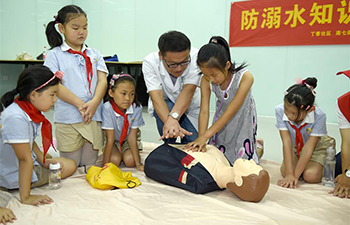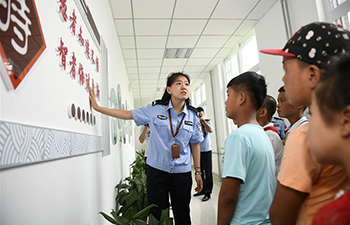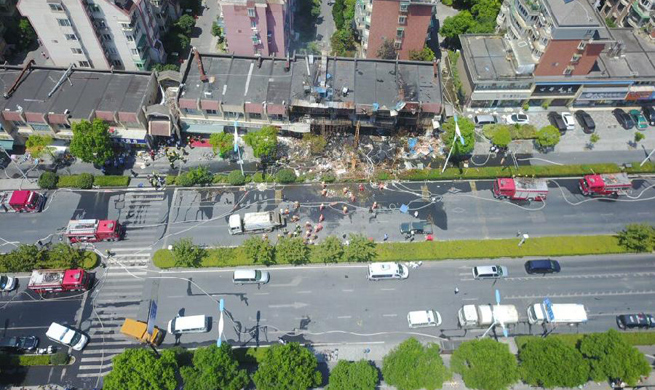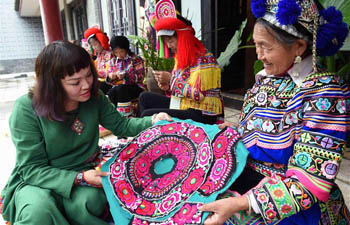CHICAGO, July 21 (Xinhua) -- More than one-third of young adult cancer survivors found it difficult to go back to normal life two years after initial diagnosis, a study of the University of Michigan (UM) in cooperation with Radboud University Medical Center in the Netherlands finds.
Researchers collected data from 215 cancer patients aged 14 to 39 who visited five medical facilities nationwide between March 2008 and April 2010.
They let patients complete a self-report measure of social functioning within the first four months of diagnosis, and again at 12 months and 24 months later.
Patients also answered questions about their social interactions with family and friends, psychological needs and mental health.
The study finds that 32 percent of the survivors consistently reported low social functioning, and some of them had been off treatment.
This could have stemmed from the transition from treatment to off-treatment survivorship, a time fraught with new challenges to a cancer survivor including the negative impact on finances, body image, work plans, relationship with spouse/significant other and plans for having children.
Moreover, those reporting low scores on social functioning also had high levels of distress, which possibly reflects an impaired ability to reintegrate into social activities due to the effects of cancer, the study showed.
"This finding highlights the need to screen, identify and respond to the needs of high-risk adult-young adolescent patients at the time of diagnosis and then monitor them over time," said Zebrack, an expert with the UM Institute for Healthcare Policy & Innovation. "They are likely the ones most in need of help in managing work, school and potentially problematic relationships with family members and friends."
The research also finds that young adult cancer patients benefit from support programs that put them in touch with other young adult cancer survivors, but do not feel helpful being in a support group with "people my grandma's age," said Olga Husson, lead author of the study and a researcher at Radboud University Medical Center in the Netherlands.
The study is the first of its kind seeking to understand the social functioning among adolescents and young adult cancer survivors, and is published online in the journal Cancer.

















